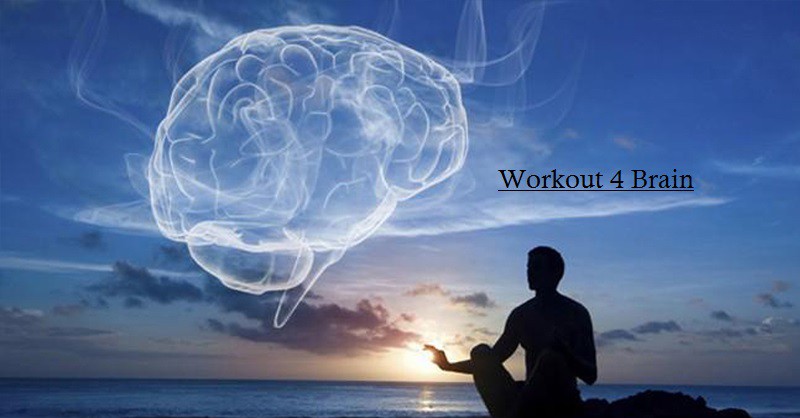Hello everyone! Did you like our page on Facebook? Here we are!
Ok, before we start, I do recomend you watch this debate.
Or, if you want, watch the highlights of it, clicking here.
First: When we use the word Drugs, people tend to block it, because it is the common sense. It is not “correct” to support it. If you support any kind of thing related with the word drugs, you are politically incorrect. Here I invite you to leave all this stuff out.
Let’s start with one consideration, if I say to you, most part of the planet use drugs to enhance the brain function. Would you be shocked? Maybe you did it today.
Do you like Coffee? Yes? Me too. Let me explain how it works on your brain. Caffeine molecule looks like this (C8H10N4O2)
In other hand, we have a chemical called Adenosine. This chemical is responsible to attack a nerve cell and slow it down. Yep, it is the chemical that makes you feel sleepy. To our brain, Caffeine looks like Adenosine, So your brain takes one instead of another. It is how this drug works.
We could do it to another substances, like Nicotine, alcohol or other substances accepted by society.
The smart drugs.
Ok, now, let’s go to that substances called Smart drugs. There is a group of medications, made for people with some deseeses, like Alzheimer, Narcolepsy and others.
The point is, people are using this ones to increase brain functions. Most famous is Modafinil. Here you can see how it works.
So, My point of view? I see a great value in this kind of drugs. Ok, calm down. I agree with the professor Barbara Sahakian, of Cambridge. I admire her and her work since long time ago.
If you think about people using this drugs to increase brain functions to get better in school exams, so, it sounds fool. Ok, let me put a different situation for you. If you are a doctor and need to go for a surgery and work on that for 6 – 8 hours… If you feel sleepy, the patient could die. Worth the risk of side effects of these drugs now? To save people’s life?
If you are a pilot, going to war. Your life depends of your state of alert. Now, worth the risk to take one of these pills? Everything is relative.
Smart drugs for language learning?
I don’t think so. It is not a rule, if you like it, ok, but for me, the language learning process is a matter of love, you do fall in love with the language. It is a funny thing, you don’t need to stress your brain until you need drugs to keep you alert.
Use drugs to increase brain function and then learn a language, for me it is the same to say we need drugs to date, to watch movies, to read book, to live. Language is a living thing, you need to interact with, you don’t need a mechanic way to learn it. Just enjoy it.


















